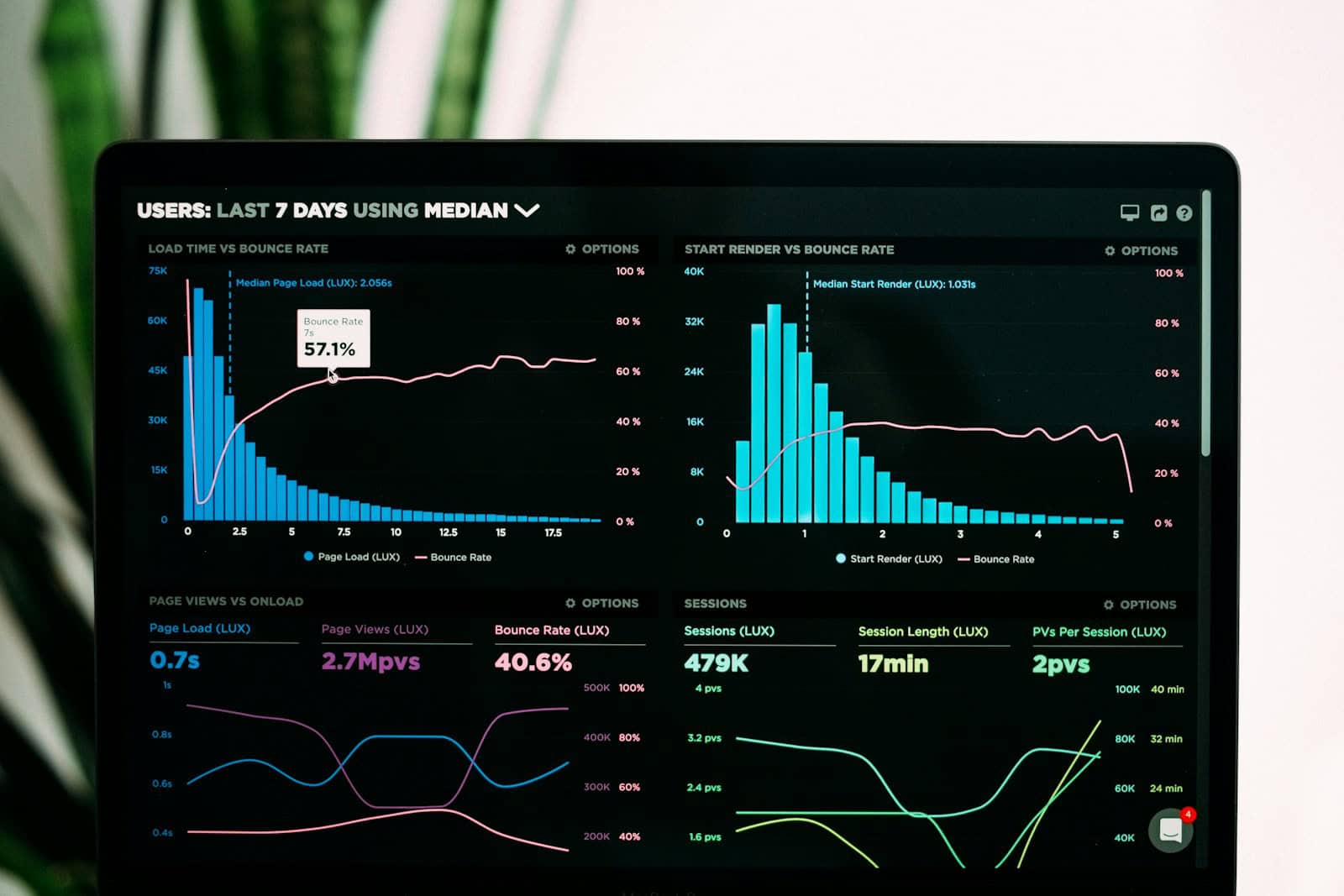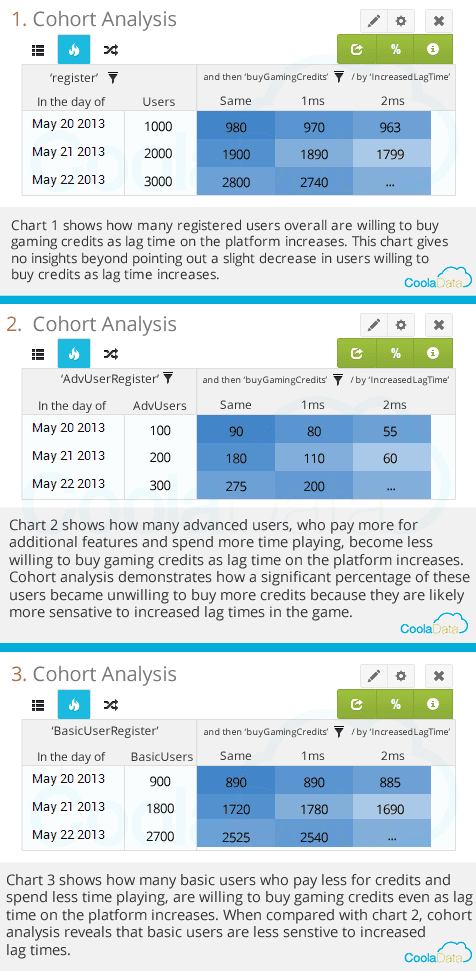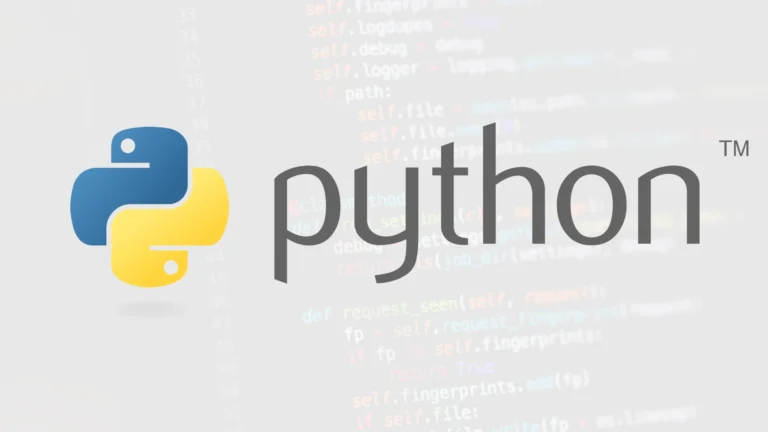
Data science is a field that combines math, statistics, programming, and domain knowledge to find patterns in data. It helps organizations make better decisions by turning raw data into valuable insights. Data scientists use various techniques like machine learning and data visualization to understand complex data sets.
Many industries use data science to improve their services. Businesses analyze customer data to create better products. Healthcare providers use it to predict patient outcomes. Governments rely on data science for public policy and to improve city planning. These applications show how data science impacts everyday life.
Learning data science can open doors to many career opportunities. Data scientists are in high demand in several sectors. With the right skills, anyone can start a career in this growing field. From coding to statistical analysis, the tools of data science provide exciting possibilities.
Data Science: A Field for the Future
Data science is a field that uses scientific methods, processes, algorithms, and systems to get knowledge and insights from data. This data can be structured (like numbers in a spreadsheet) or unstructured (like text in a book).
What Do Data Scientists Do?
Data scientists have a few key jobs:
- They ask the right questions: Data scientists need to know what kind of questions their business needs to answer. This helps them figure out what kind of data they need to collect.
- They collect and clean data: Data is often messy and needs to be cleaned up before it can be used. Data scientists make sure the data is ready for analysis.
- They analyze data: This is where the magic happens. Data scientists use tools and techniques to find patterns and insights in the data.
- They share their findings: Data scientists need to be able to communicate their findings to others, even if those people don’t have a technical background.
Why is Data Science Important?
Data science is changing how businesses work. It helps businesses make better decisions, find new opportunities, and improve their products and services.
For example, data science can help a retail company figure out what products to recommend to customers. It can help a healthcare company predict which patients are at risk of developing a certain disease. The possibilities are endless!
The Tools of the Trade
Data scientists use a variety of tools to do their work. Some of the most popular tools include:
- Python: A programming language that is popular for data analysis.
- R: Another programming language that is popular for data analysis.
- SQL: A language for managing data in databases.
- Tableau: A tool for creating data visualizations.
Data Science Skills
To be a successful data scientist, you need a few key skills:
- Programming: You need to be able to code in languages like Python and R.
- Statistics: You need to understand statistical concepts to analyze data effectively.
- Machine learning: This is a type of artificial intelligence that allows computers to learn from data.
- Communication: You need to be able to communicate your findings to others.
The Data Science Process
The data science process typically follows these steps:
- Define the problem: What question are you trying to answer?
- Collect data: Gather the data you need to answer the question.
- Clean data: Prepare the data for analysis.
- Explore data: Look for patterns and insights in the data.
- Model data: Build models to make predictions or answer your question.
- Communicate results: Share your findings with others.
Data Science in Action
Data science is being used in a variety of industries, including healthcare, finance, retail, and manufacturing. Here are a few examples of how data science is being used to solve real-world problems:
- Healthcare: Data science is being used to predict patient outcomes, personalize treatments, and improve the efficiency of healthcare delivery.
- Finance: Data science is being used to detect fraud, assess risk, and develop new financial products.
- Retail: Data science is being used to personalize product recommendations, optimize pricing, and improve customer service.
- Manufacturing: Data science is being used to improve product quality, reduce waste, and optimize production processes.
The Future of Data Science
Data science is a rapidly growing field with a bright future. As more and more data is collected, the demand for data scientists will only increase. If you’re looking for a challenging and rewarding career, data science is a great option.
| Data Science Skill | Importance |
|---|---|
| Programming | High |
| Statistics | High |
| Machine learning | Medium |
| Communication | High |
| Domain knowledge | Medium |
Key Takeaways
- Data science converts raw data into actionable insights.
- Industries use data science for improvement and innovation.
- Data science offers many career opportunities.
Fundamentals of Data Science
Data science is an interdisciplinary field that uses scientific methods, algorithms, and processes to analyze large amounts of data. It helps in making data-driven decisions and involves various skills.
Understanding Data and Its Forms
Data can be either structured or unstructured. Structured data is organized in rows and columns, often found in databases like SQL. Examples include spreadsheets with numerical or categorical data. Unstructured data, on the other hand, lacks a predefined format. This includes text, videos, and social media posts.
Big data involves vast volumes of both structured and unstructured data that traditional data processing tools cannot handle. Using programming languages like Python, R, and Java, data scientists develop processes for data collection, data integration, and analysis. Data mining and data processing techniques are key to extracting valuable insights.
Essential Data Science Skills
A data scientist needs a mix of technical and analytical skills. Programming knowledge in languages like Python, R, Scala, Java, and SQL is essential for handling and analyzing data. Statistical methods and math are critical for developing models and interpreting data.
Understanding machine learning and data mining techniques is crucial for creating prediction models that provide actionable insights. Having strong business acumen helps in applying technical skills to real-world problems. Additionally, the ability to handle big data and perform intricate data analysis is essential for uncovering hidden patterns in diverse data sets.
Data Science in Action
Data science is crucial for making sense of vast amounts of data. It helps businesses improve operations, make better decisions, and develop new products and services.
Practical Applications in Industry
Data science transforms industries by providing actionable insights. In healthcare, it predicts disease outbreaks and improves patient care. Retailers use data science for product recommendations and inventory management. In finance, it detects fraud and manages risks. Manufacturing benefits from predictive maintenance and optimizing supply chain operations. Using tools like SAS and Excel, companies analyze data to make better business decisions.
Roles within Data Science
Several roles exist within data science. A data scientist analyzes data to find patterns and solutions. A data analyst focuses on interpreting data and creating reports. Data engineers build data pipelines to ensure data flows smoothly. Machine learning engineers develop algorithms and models for predictions. Business analysts use data to guide decision-making. Each role is vital for extracting insights and creating value for organizations.
Advanced Techniques and Technologies
Advanced techniques in data science include machine learning and deep learning. These methods use algorithms to make predictions and automate tasks. Predictive modeling helps businesses forecast trends and outcomes. Data visualization tools, like Tableau, make it easier to understand complex data. Cloud computing platforms such as AWS and Google Cloud allow for scalable data processing. Technologies like Hadoop and Apache Spark manage and analyze large datasets efficiently. These techniques and tools are essential for modern data science applications.
Frequently Asked Questions
This section addresses common queries about data science, including its definition, the responsibilities of a data scientist, and the pathways to a career in this field.
How would you describe data science to a layperson?
Data science involves using computers to analyze large amounts of data. This can help find patterns and make decisions based on that data. It’s like solving puzzles but with numbers and information.
What are the typical responsibilities of a data scientist?
A data scientist collects and organizes data. They use tools to find trends and create models to predict future outcomes. They often work with teams to understand the data and make it useful for decision-making.
What are the common applications of data science?
Data science is used in many areas. Businesses use it to understand their customers better. Healthcare uses it to predict diseases and improve treatment plans. It’s also used in finance to detect fraud and in sports to improve team strategies.
How challenging is it to pursue a career in data science?
Starting a career in data science can be tough due to the need for strong math and programming skills. It also requires continuous learning to keep up with new tools and methods. However, with dedication and proper training, it can be a rewarding career.
What kind of education is required to become a data scientist?
Most data scientists have a degree in computer science, statistics, or a related field. Many also take specialized courses in data science. Learning programming languages like Python and R is very helpful. Practical experience through projects or internships can also be crucial.
What career opportunities can arise from a data science degree or course?
A degree or course in data science can lead to various careers. You could work as a data analyst, machine learning engineer, or data engineer. Many industries like tech, healthcare, finance, and retail need skilled data scientists to make sense of their data.



